The same hands that knead bread also catch fish and preach to the people.They are young, but travelled hands. Generous, but calloused.
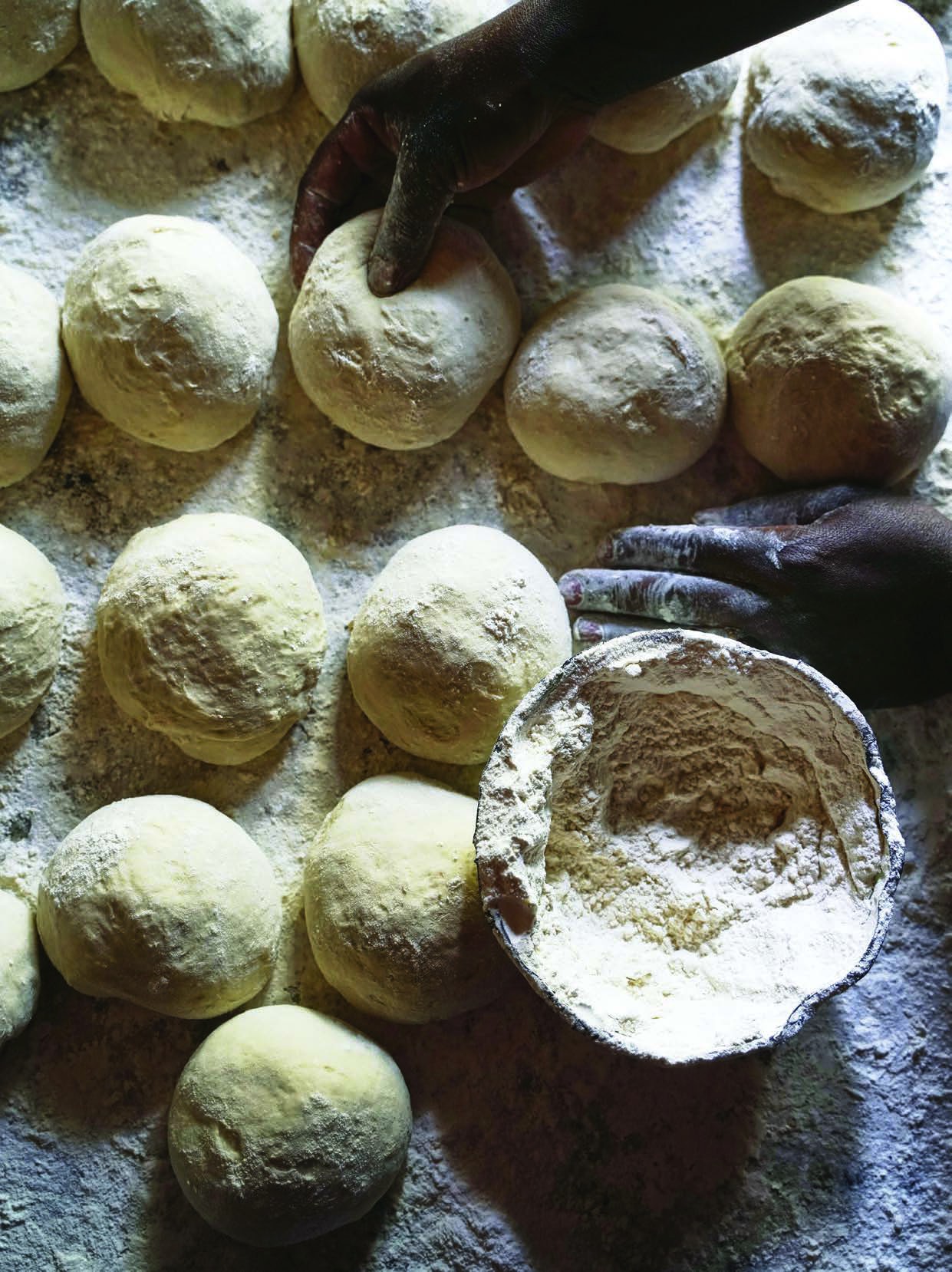
The same hands that knead bread also catch fish and preach to the people.They are young, but travelled hands. Generous, but calloused. Which have been on a long path to get where they are. And it is in the village of Pomene, inside the nature reserve of the same name, in the province of Inhambane, that they can be found today. Crossed on his lap are the hands of Anísio Francisco Manhiça, who is sitting in a plastic chair on the terrace of his house, waiting for the next batch of bread.
At 33, Anísio is a community leader in Pomene, pastor of the Afrika Wa Yesu church and president of the Community Fisheries Council. His house is at the entrance to the village, next to a sign that says “Padaria do Anísio”. Speaking with the same candor as the flour that passes through the sieve, Anísio tells us about the steps he took until he established himself as one of the most respected figures in his community. “I was a bad person, a bad husband and a bad father,” he acknowledges, attributing his erratic behavior to alcohol and drugs.
One day, he was approached by a group of missionaries who prayed for him: “That left a mark in my life.” However, it was not a miraculous turning point, as he himself acknowledges. “I went back to drinking, but after two or three years they (the missionaries) called me back.”
What made him change then? Even in the darkest hours, a spark kept shining inside him, pointing the way: “I wasn’t a good model, but I wanted to be a role model,” he explains. He then isolated himself in retreat for a month, which was followed by a six-month course in Inhaminga to become a pastor. “When I returned home, I started to see a lot of changes. When someone smoked next to me, I became sick and threw up,” he recalls. In 2009, he was then anointed as pastor of the Pomene community. Although the church is now a full-time occupation, and fishing is a relatively profitable activity, it is the bread that guarantees the family’s livelihood. The business grew on the basis of experimentation. First, they used pans, then they converted a fuel barrel into an oven, to increase the capacity of each batch. From time to time – only when someone orders – there is coconut bread (not to be confused with sura buns). “It is very soft. It tastes very good,” Anísio boasts. “It’s made with coco- nut milk,” he adds.
Like any entrepreneur/innovator, there was no shortage of people who coveted his success and want- ed to follow in the same steps. “After we started, there were many imitators who saw that it was successful and established bakeries.” At the end, in the frank way in which he held himself throughout the entire conversation, Anísio looks at his wife and reveals the secret of the business: “She’s the baker.”
Text: Cristiana Pereira
Photo: Mauro Pinto

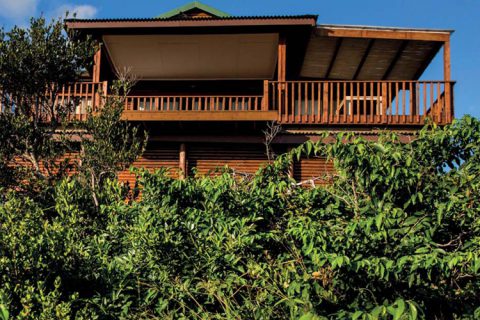

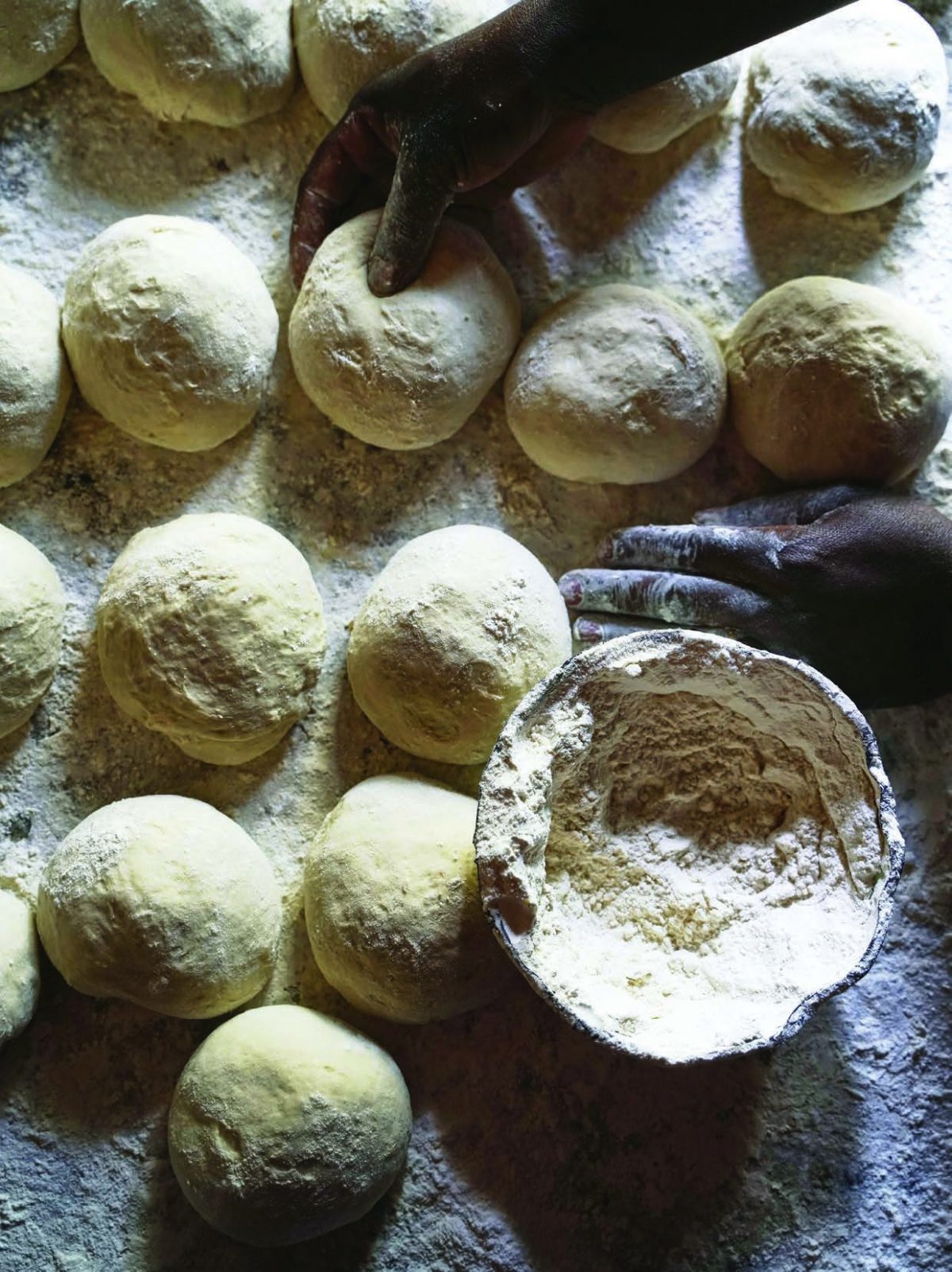
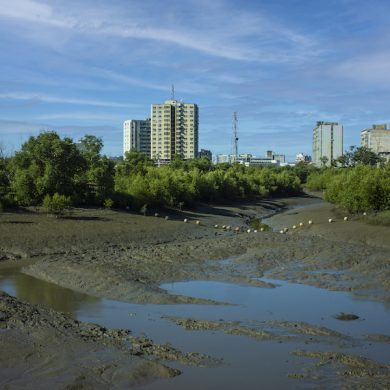
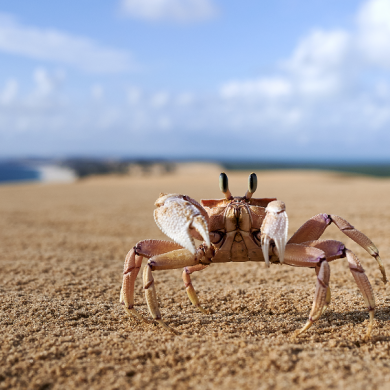
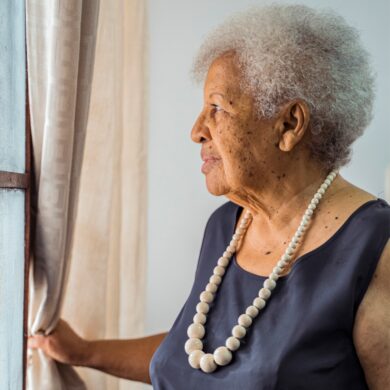
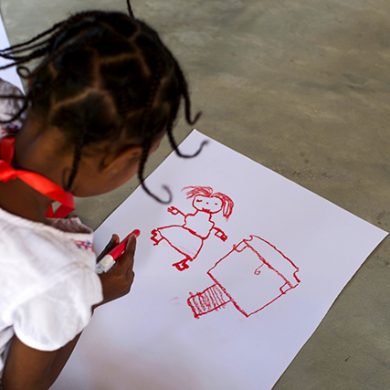
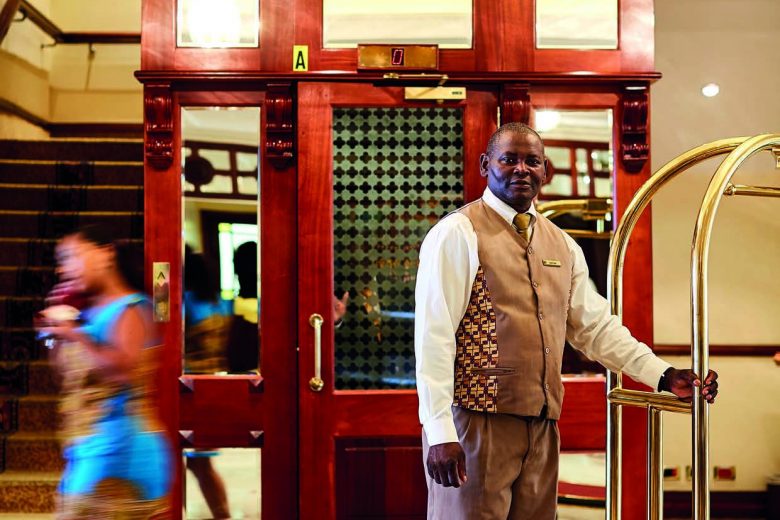
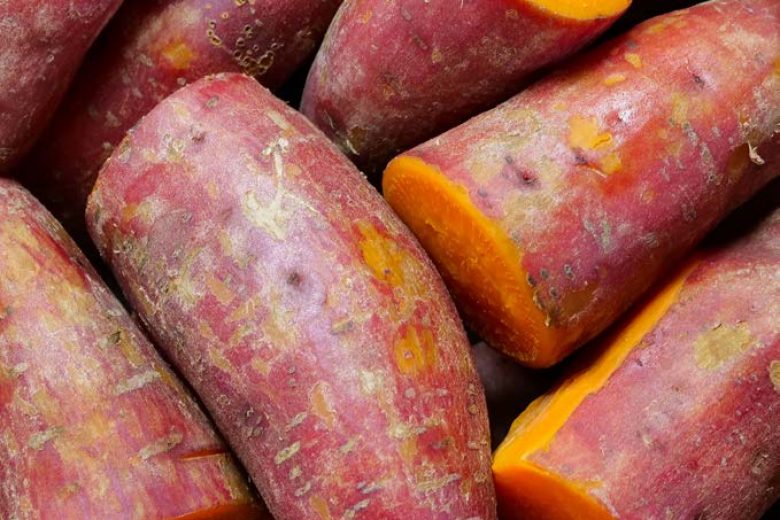



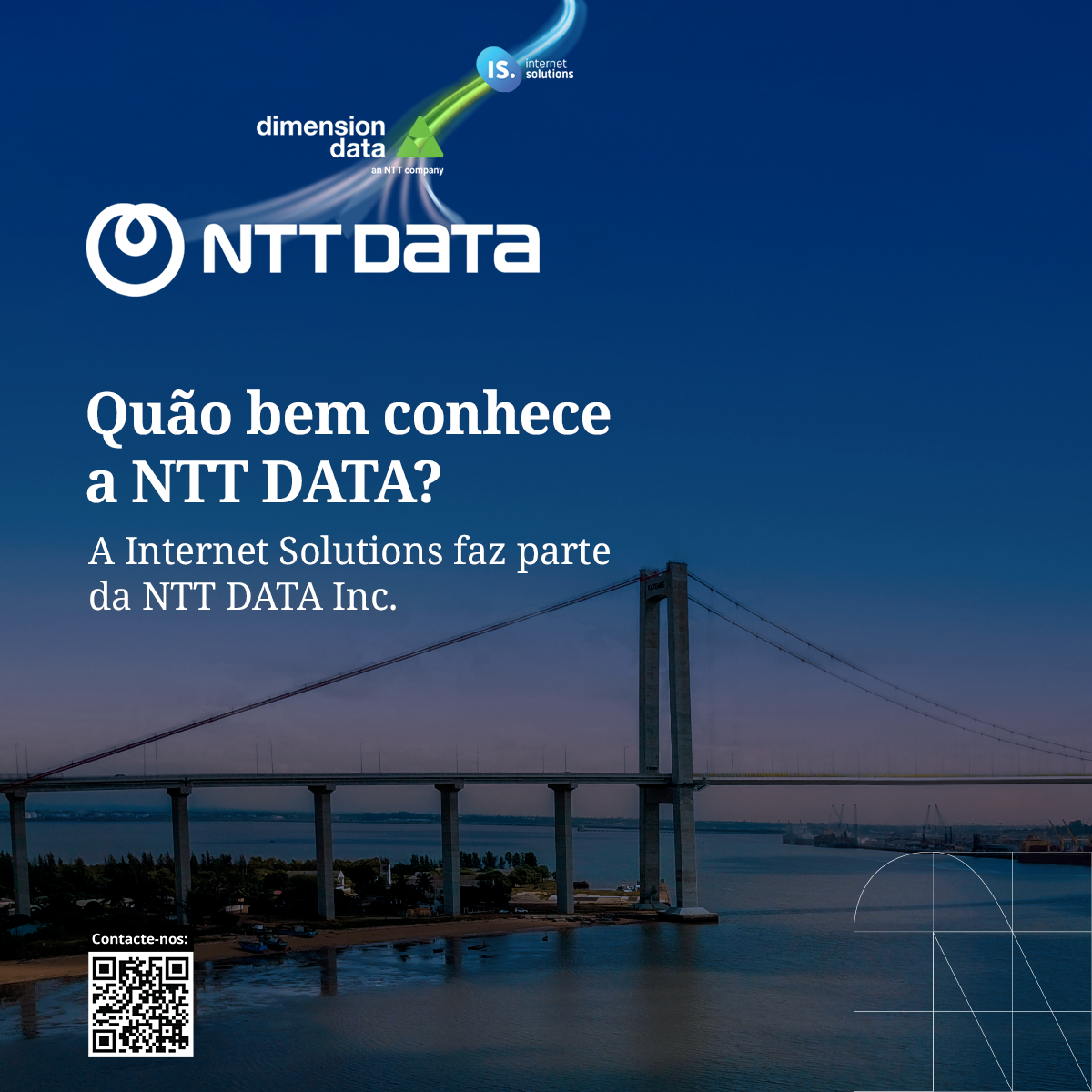






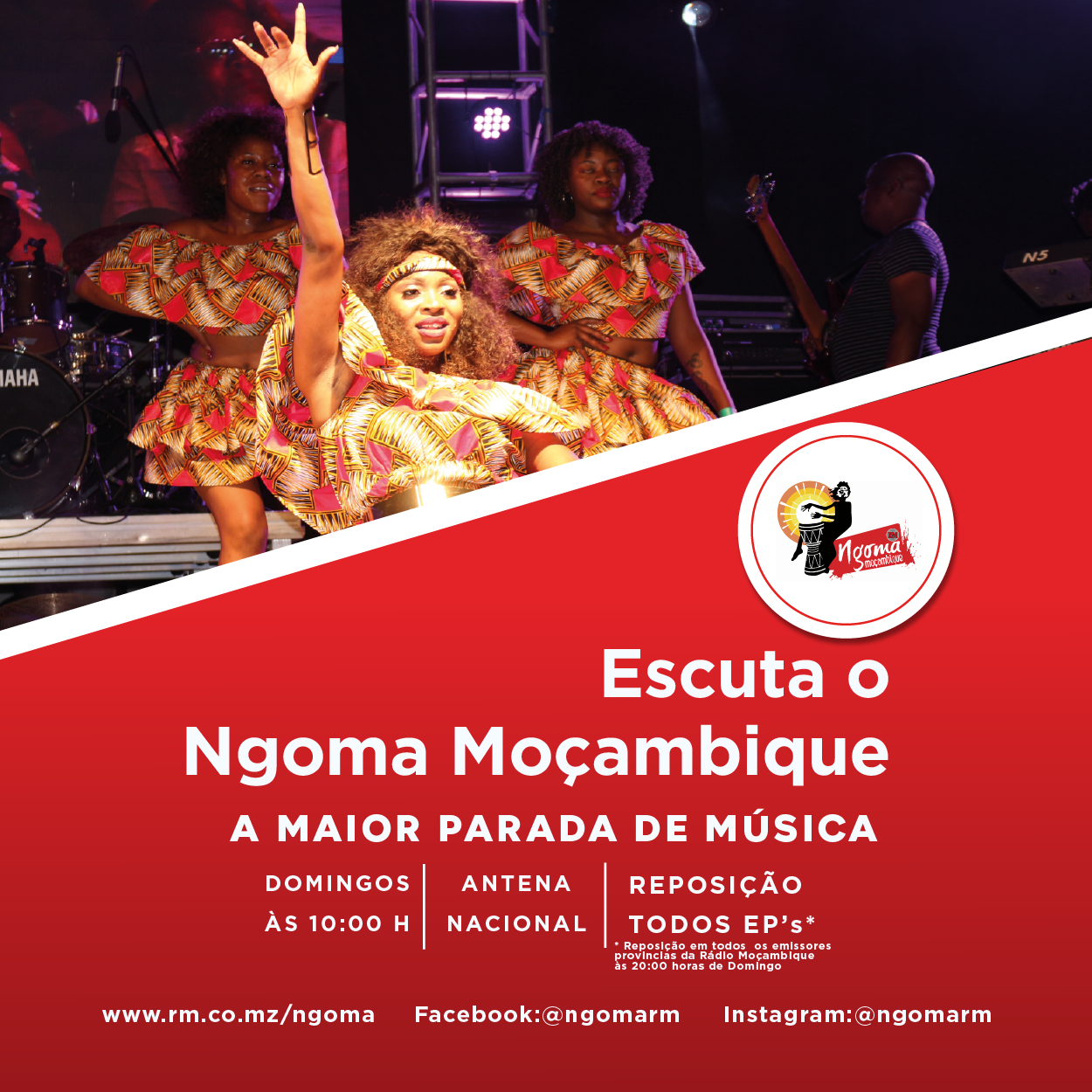
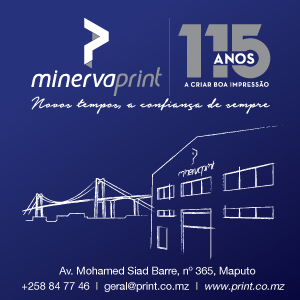





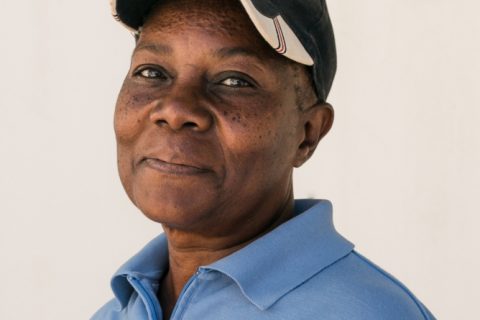
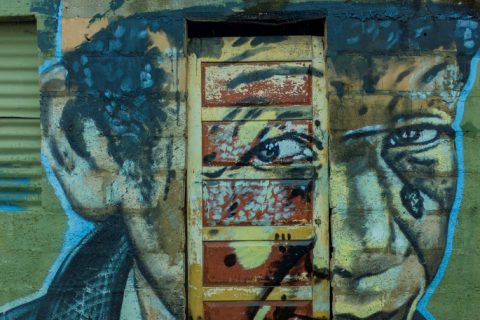
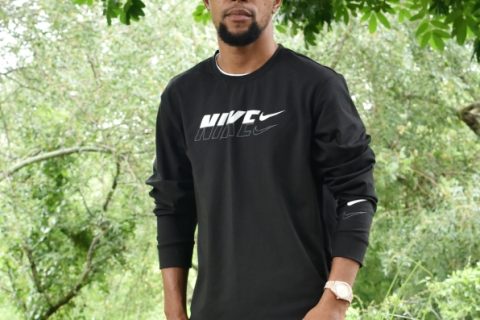
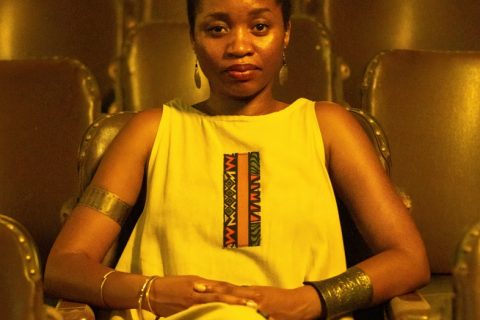
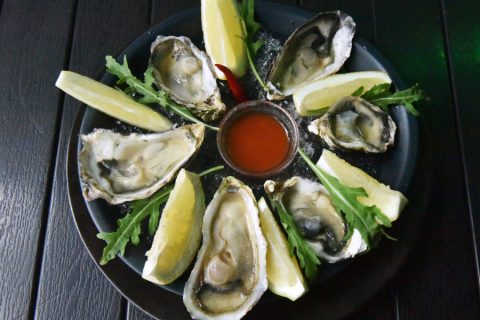



0 Comments